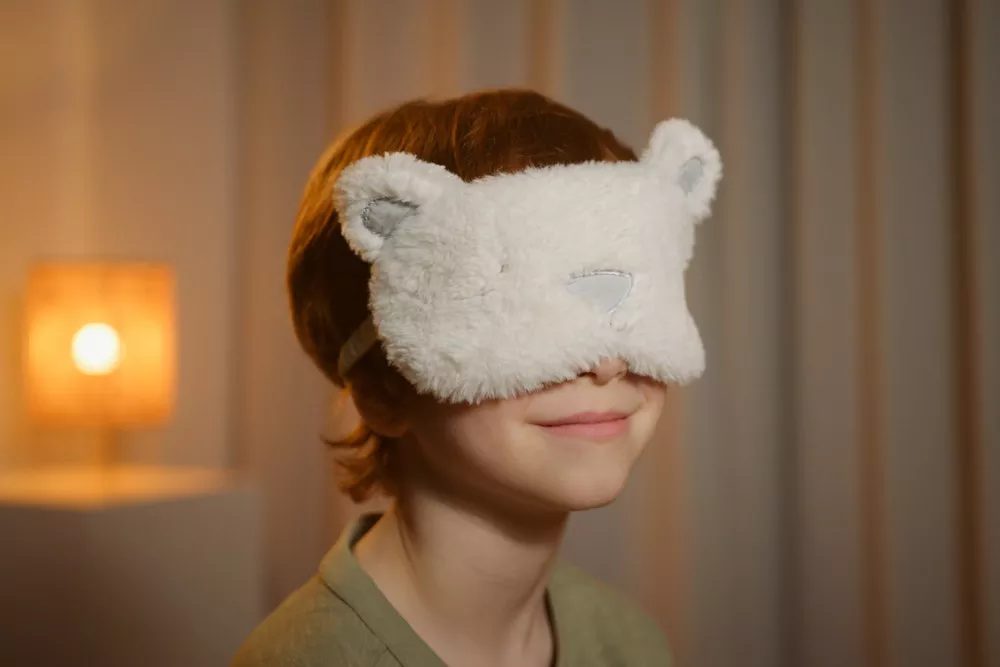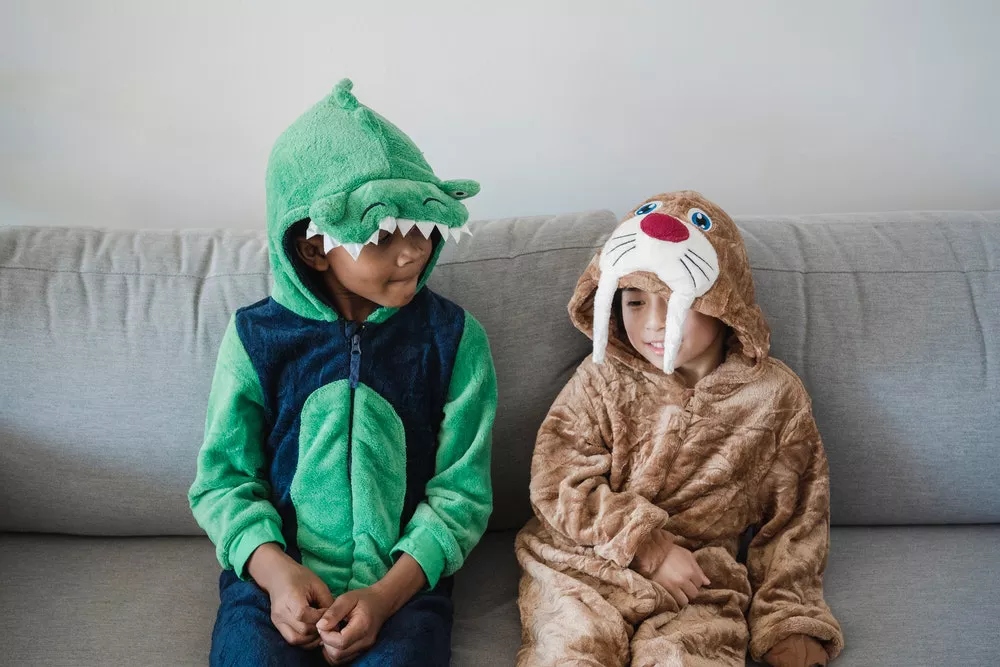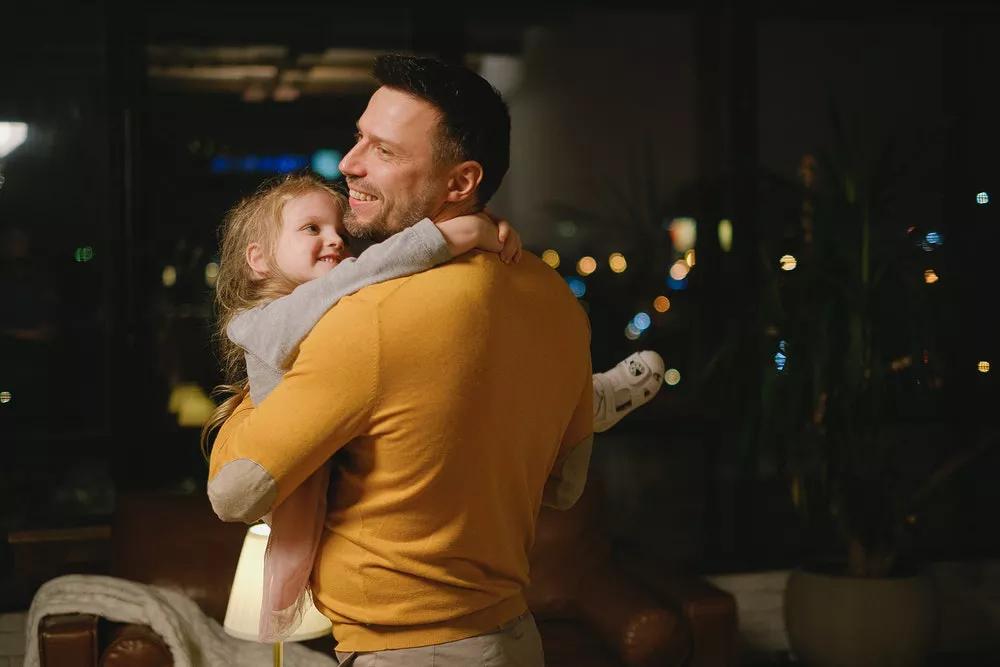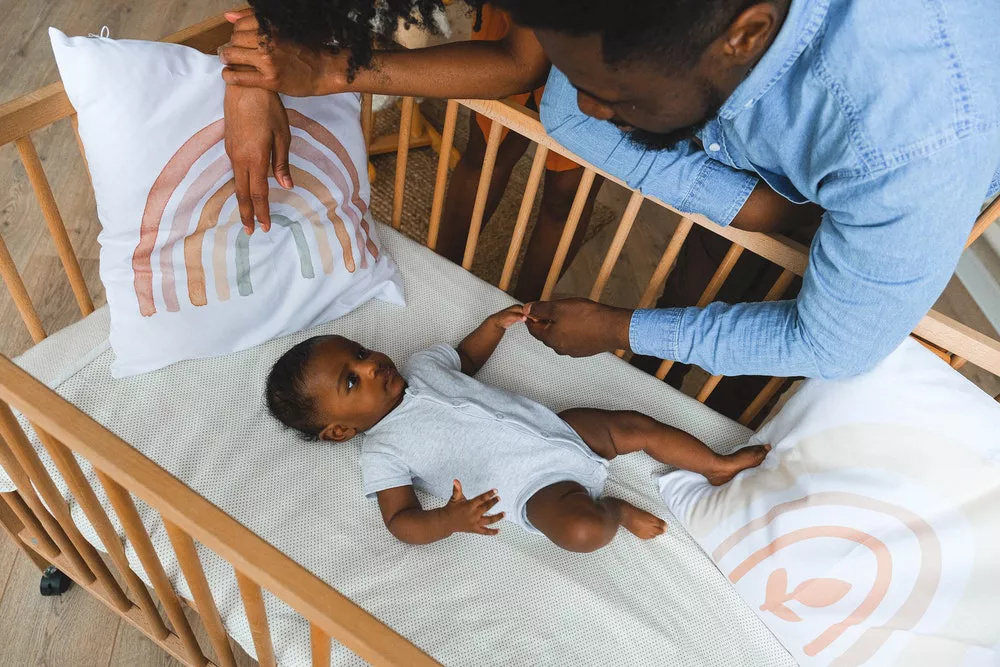I. How does coughing develop?
Coughing is a protective neurological reflex in the body, connecting cough receptors located in the respiratory tract to the cough center located in the brain with nerve fibers, and the receptors receive signals from sputum, foreign bodies, allergic gases, etc. then transmit them to the center, which ultimately completes the neurotransmission process.
The high-velocity airflow produced by coughing helps to remove secretions and foreign bodies from the respiratory tract.
II. Can a persistent cough turn into pneumonia?
Coughing can be a symptom in the early stage of pneumonia, rather than a cough causing pneumonia. Whether the disease develops into pneumonia has more to do with the child's own physical condition and the type of virus than with the length of the cough.
III. What is a chronic cough?
Depending on the duration of the disease, coughs in children can be divided into three types, which are acute cough (less than 2 weeks), migratory cough (2-4 weeks) and chronic cough (more than 4 weeks).
IV. Does taking cough drugs necessary to coughing?
As mentioned above, coughing is a protective reflex of the body and helps to clear secretions and foreign bodies from the respiratory tract, so it is beneficial to the body. First of all, cough drugs(common ones include suppressants like dextromethorphan, codeine, and forcodine) can only eliminate symptoms and inhibit this protective reflex, but make the accumulation of phlegm to aggravate the condition.
On the other hand, some central cough suppressants have respiratory depressant side effects as well as addictive properties, cough drugs are not recommended for children. If children over 4 years old with frequent and severe dry coughs,which seriously affect sleep and life, some cough drugs can be used appropriately under the guidance of a doctor.
V. What should I do to take care of my child when he/she coughs?
Keep the indoor air fresh, reduce the discharge of kitchen fumes and avoid second-hand smoke inhalation for children to reduce the irritation to the respiratory tract. If your child has a lot of nasal secretion, you can flush the nasal cavity with saline.
In addition, patting the back with appropriate techniques when there is a lot of phlegm will also help the phlegm discharge.
VI. In what cases do I need to go to the hospital promptly?
- 1. Children under three months of age have limited respiratory compensatory capacity and their condition changes rapidly, so they need to seek medical attention in time.
- 2. Children with poor mental status, such as refusal of milk and food, restlessness or drowsiness, need to seek medical attention immediately.
- 3. If your child has difficulty breathing, hemoptysis, and a high fever that does not go away, you should seek medical attention.
- 4. If the cough is severe, frequent and prolonged, seek medical attention at once.




